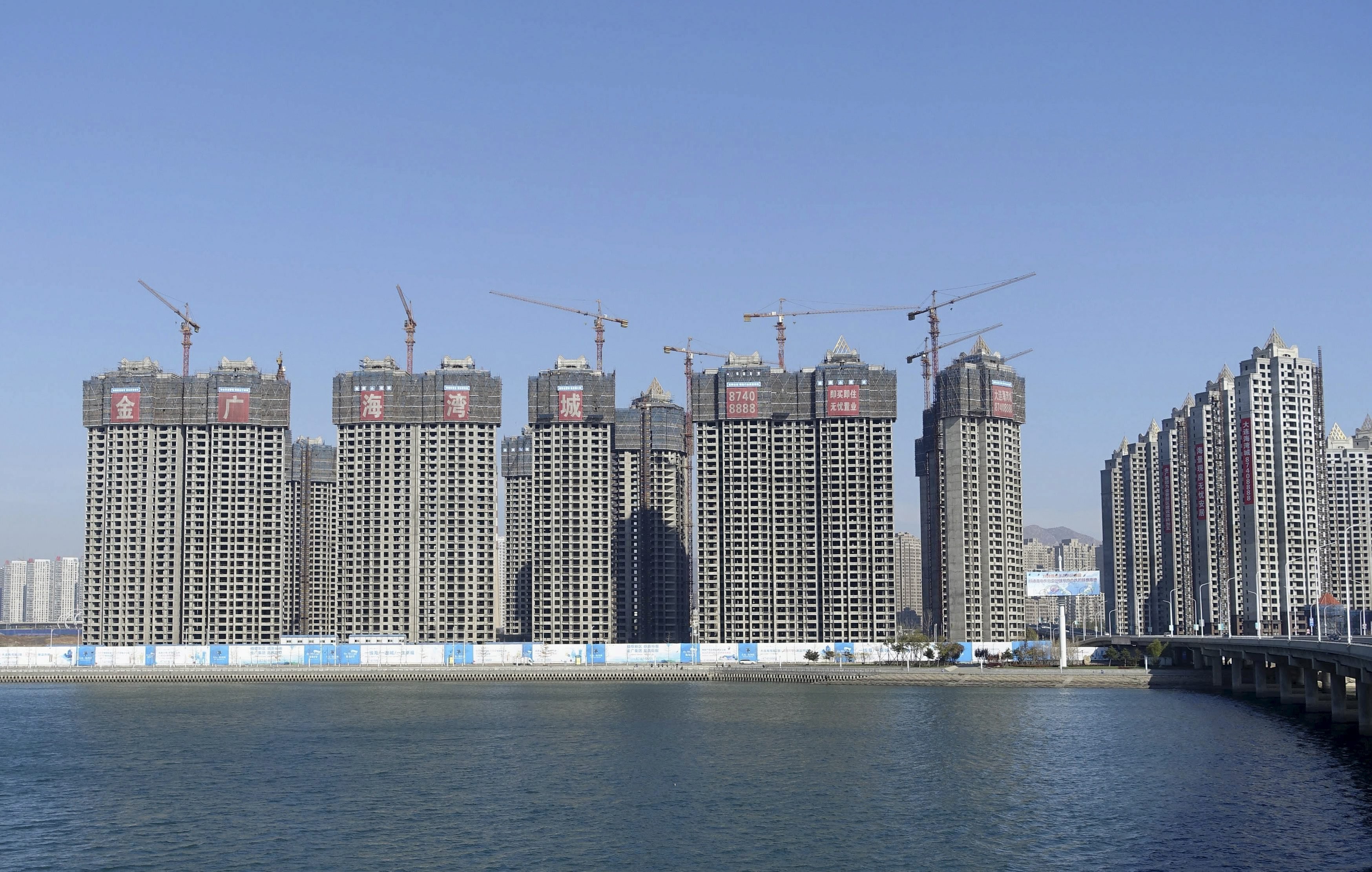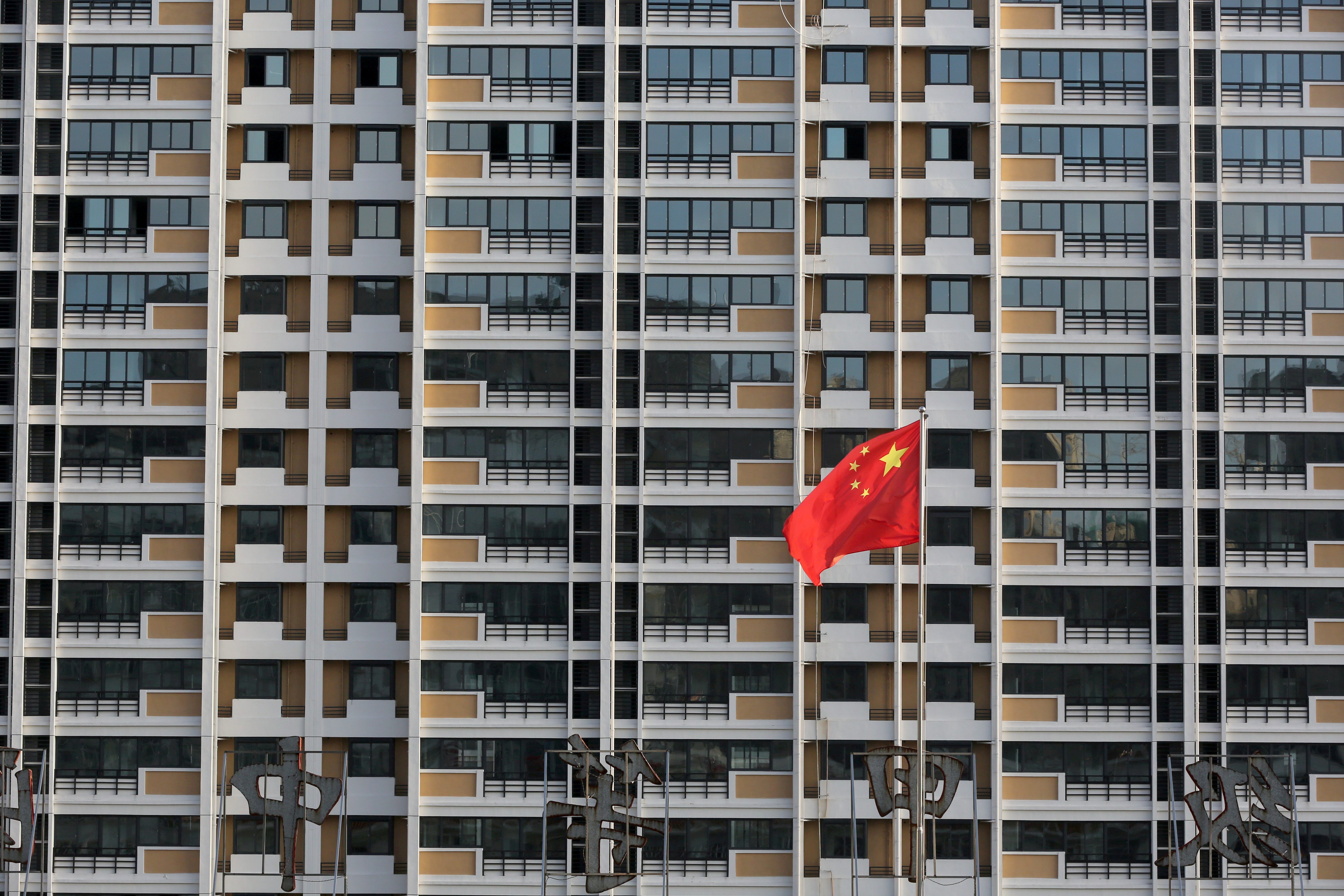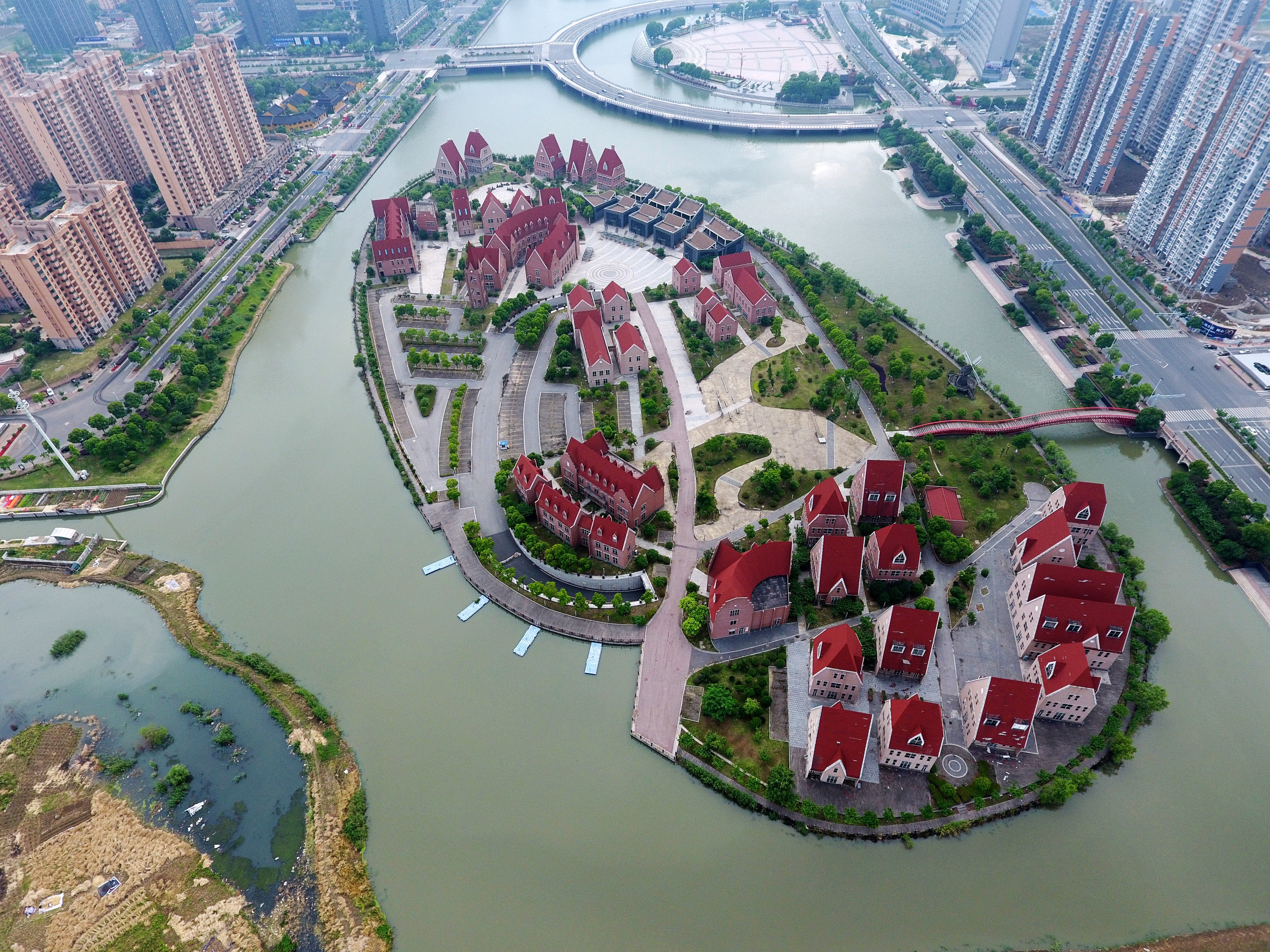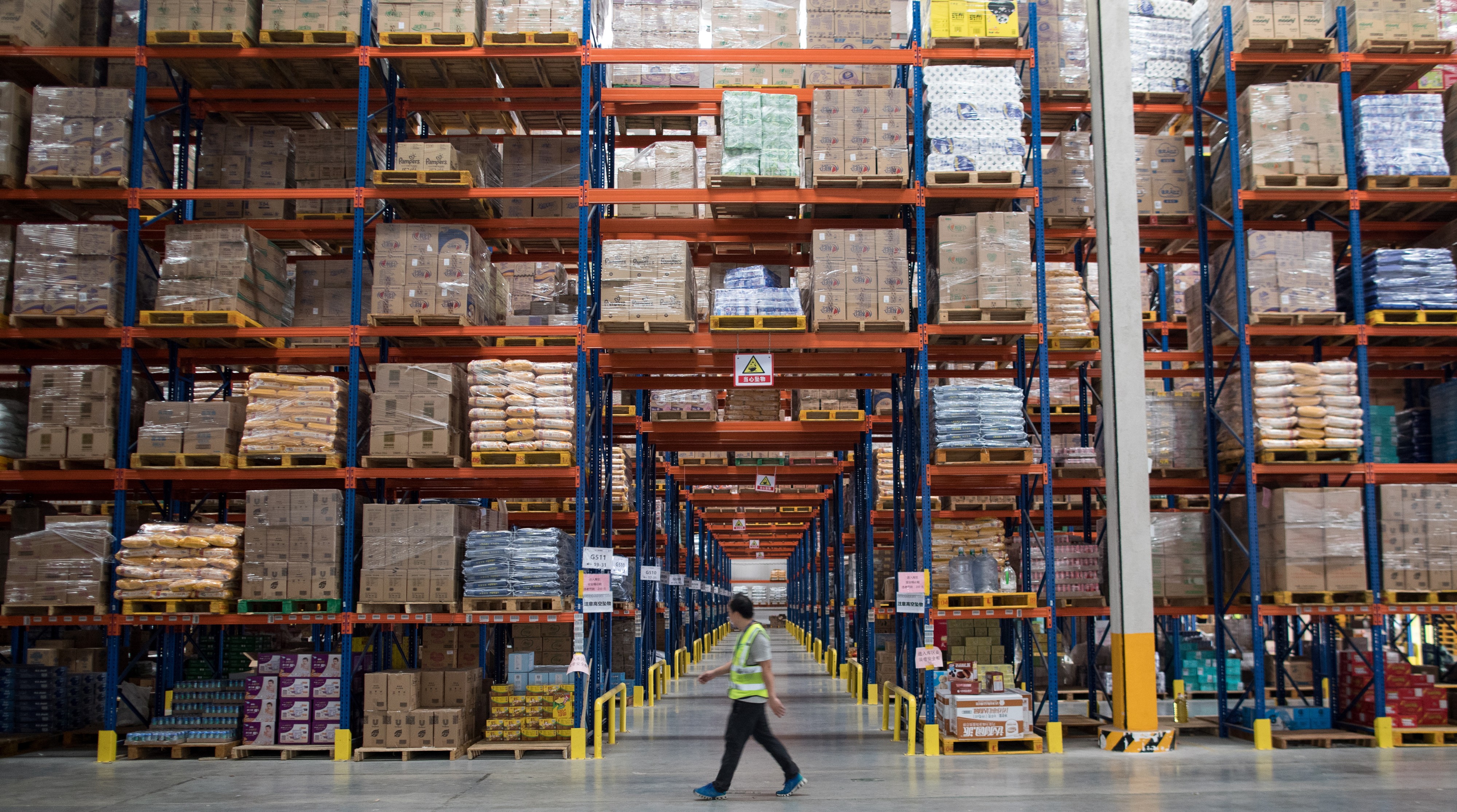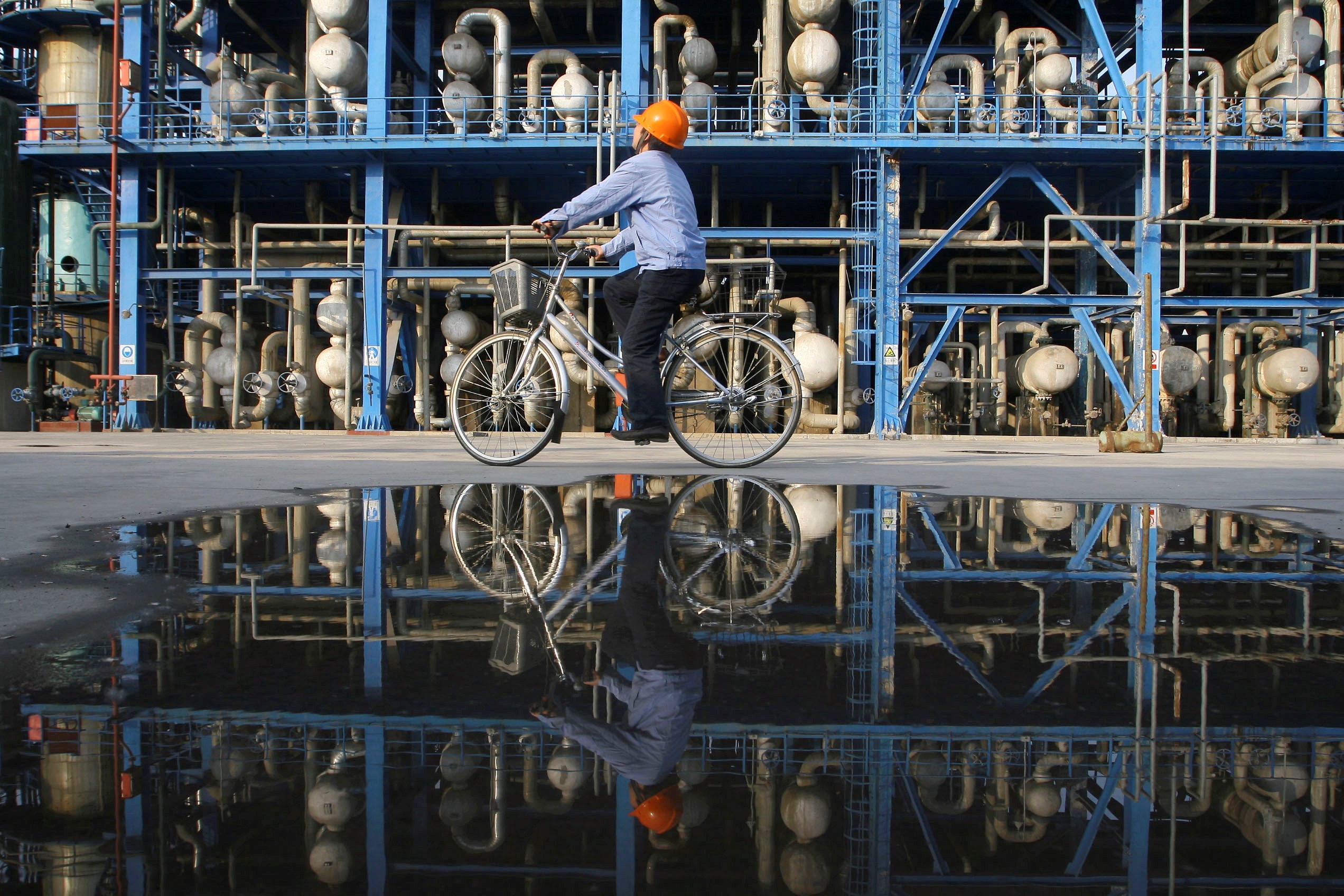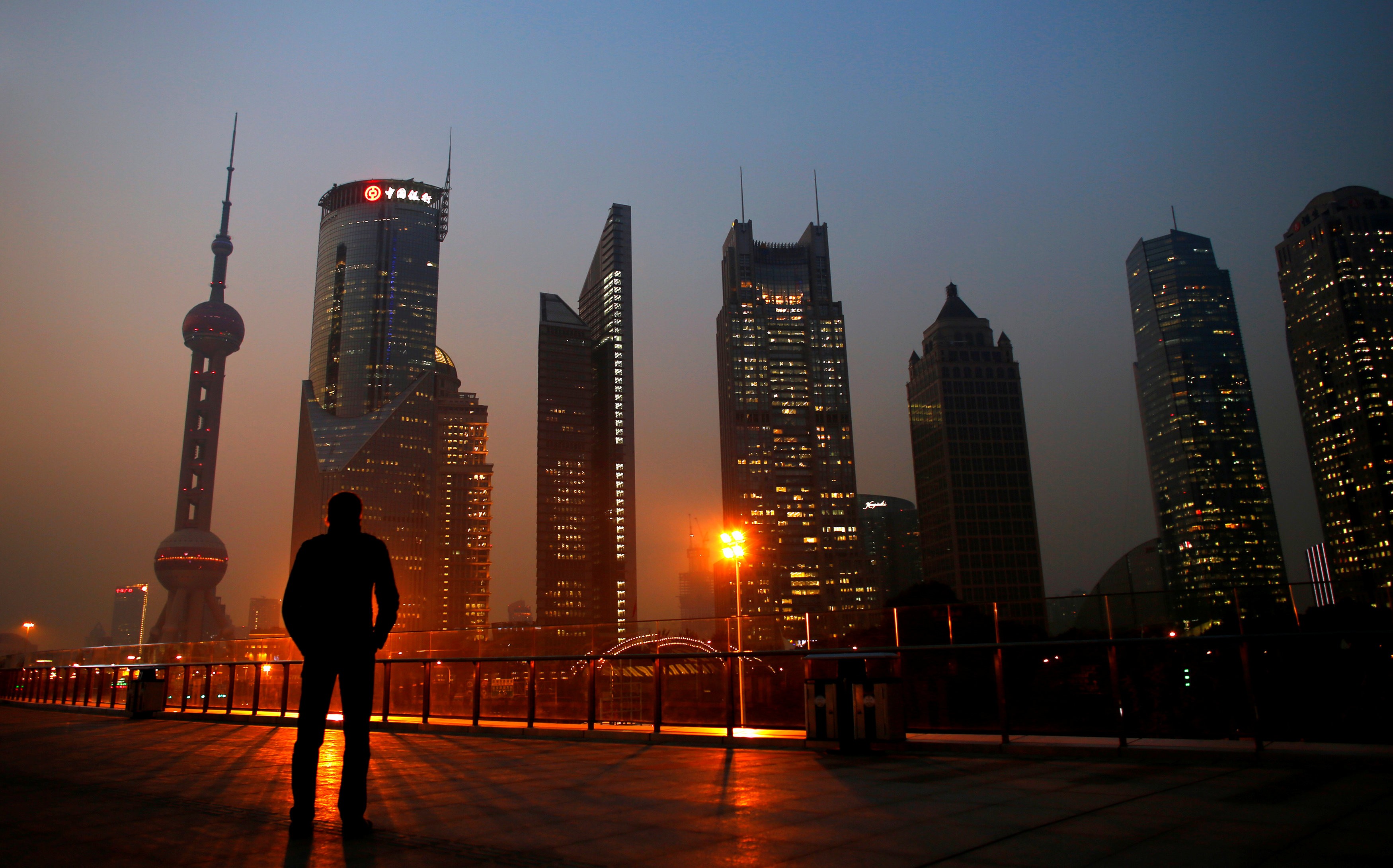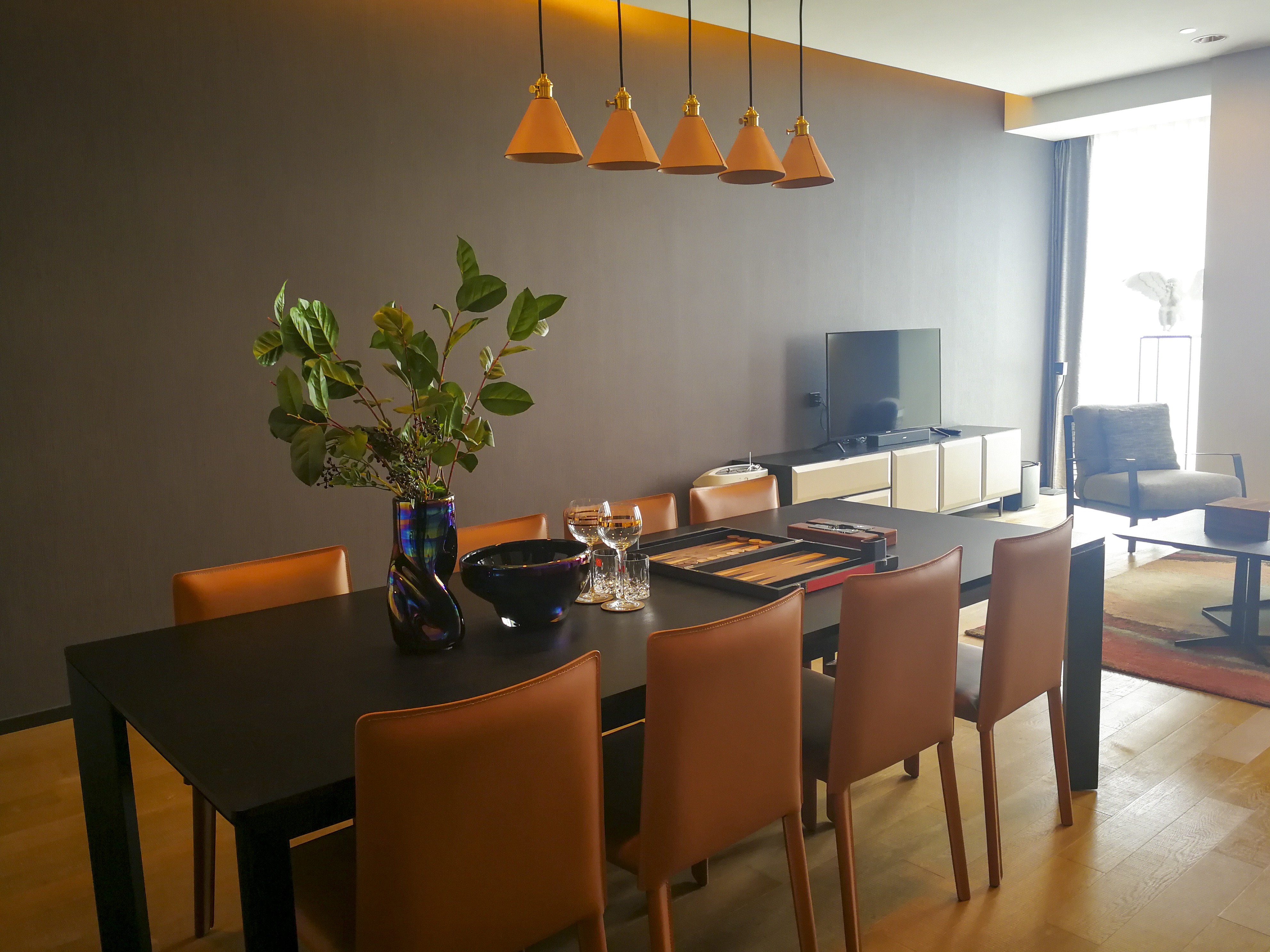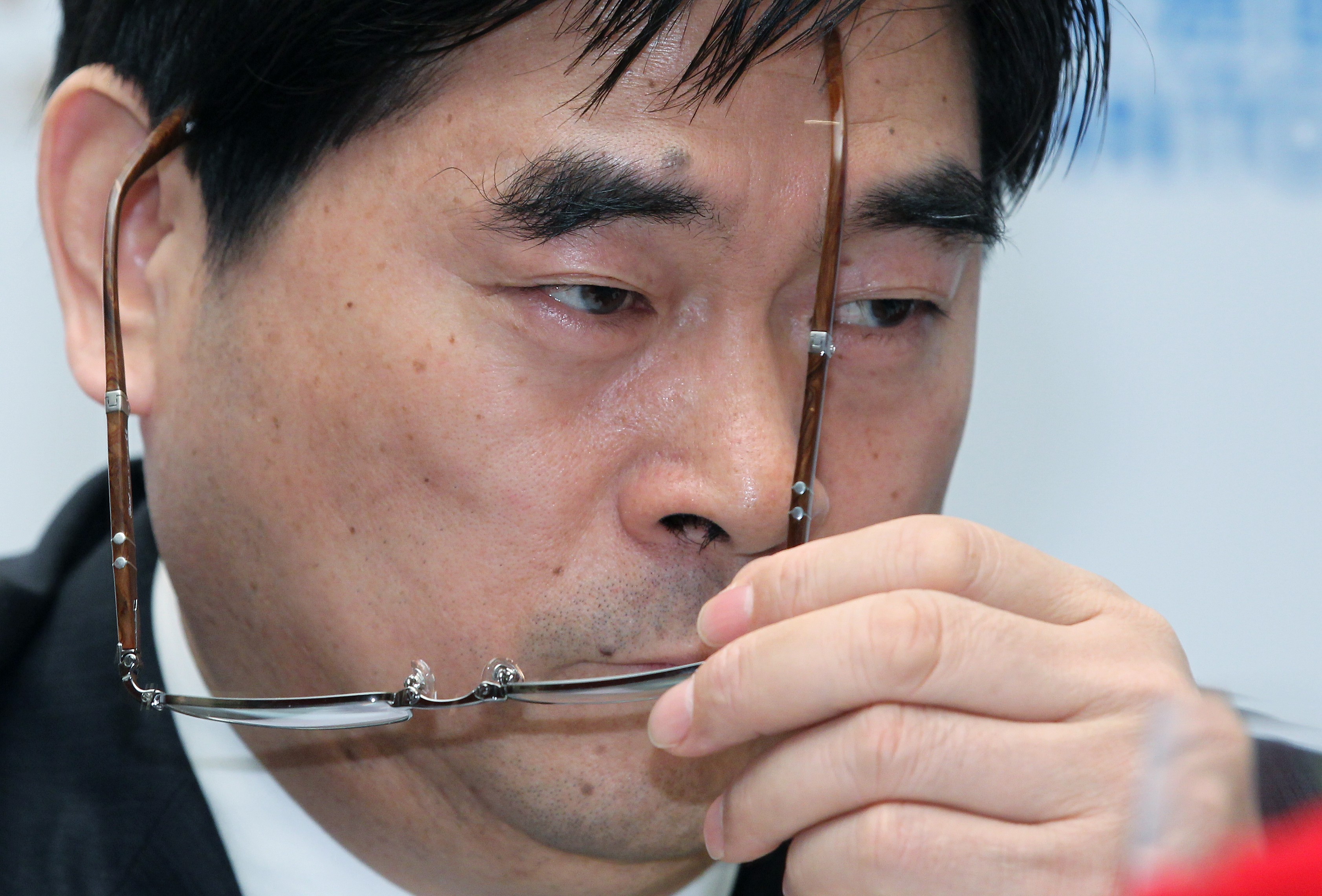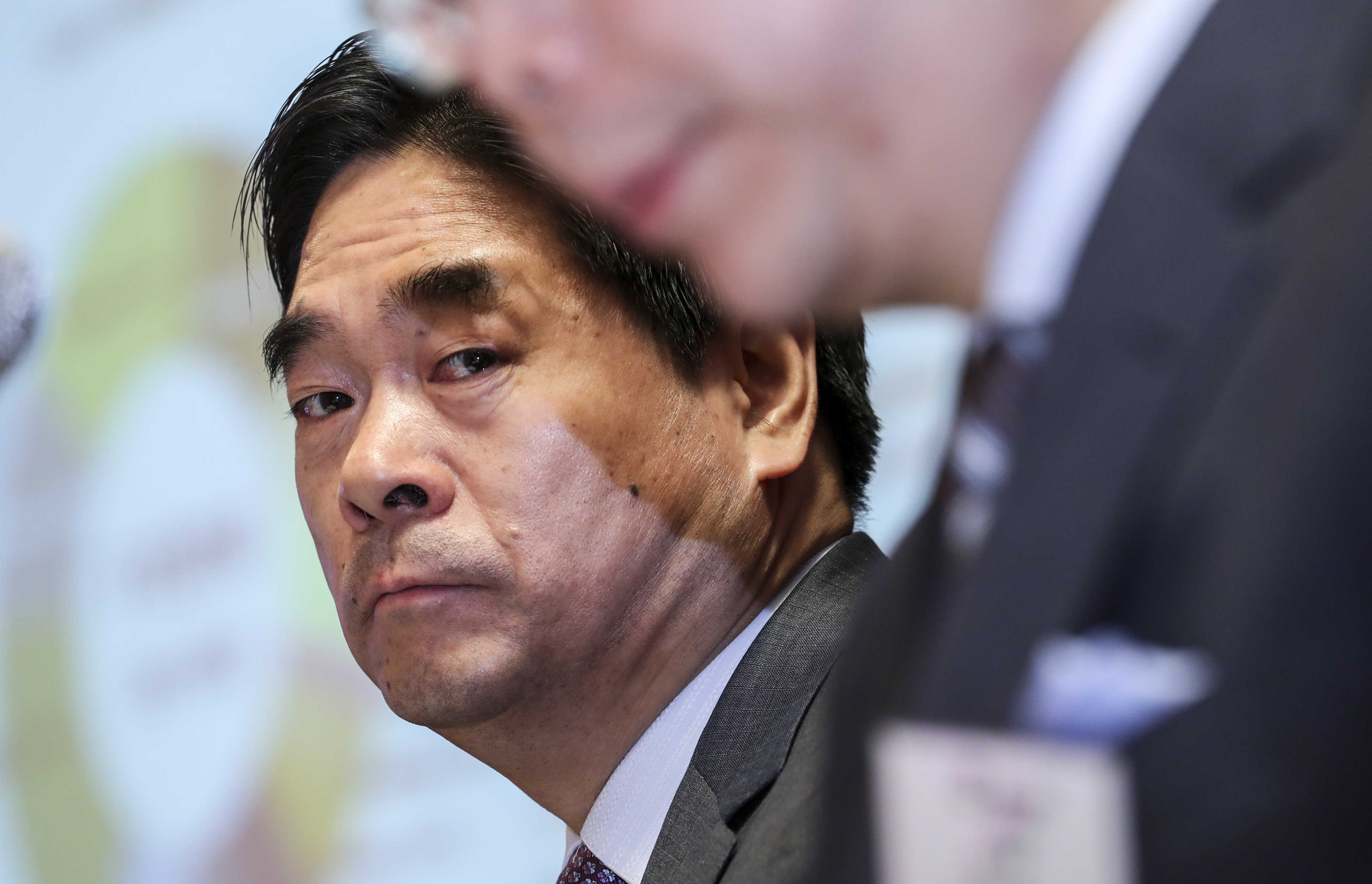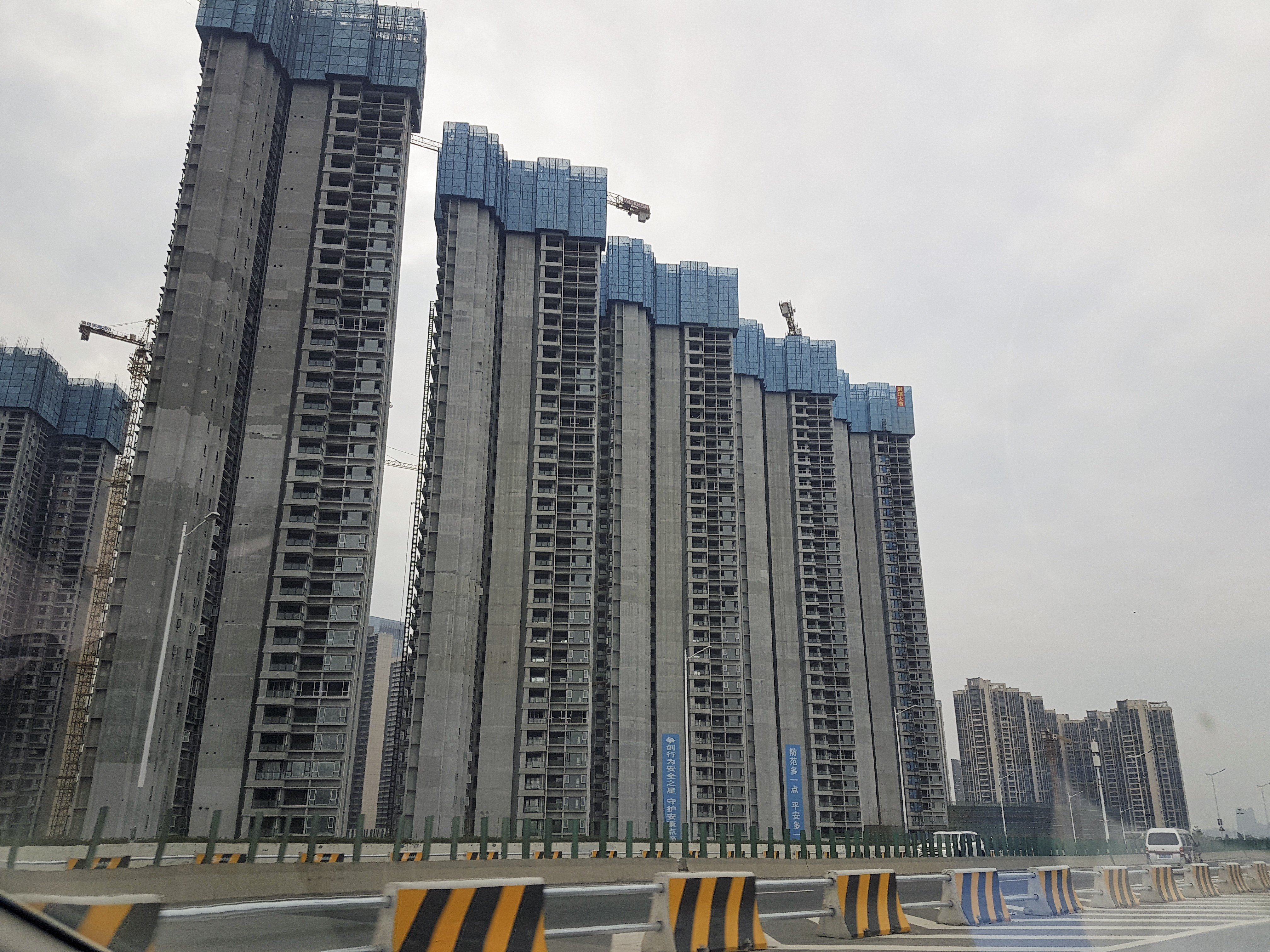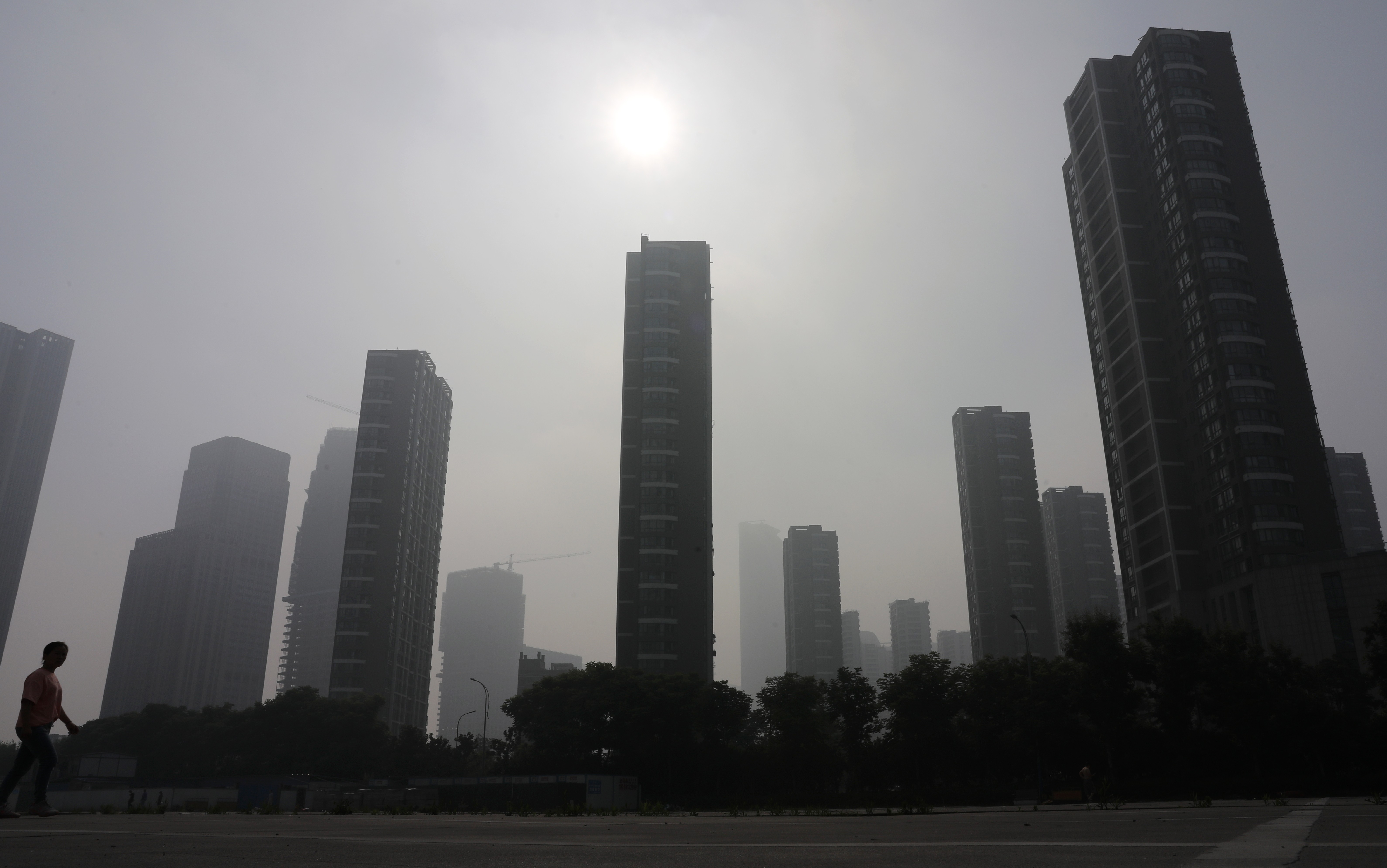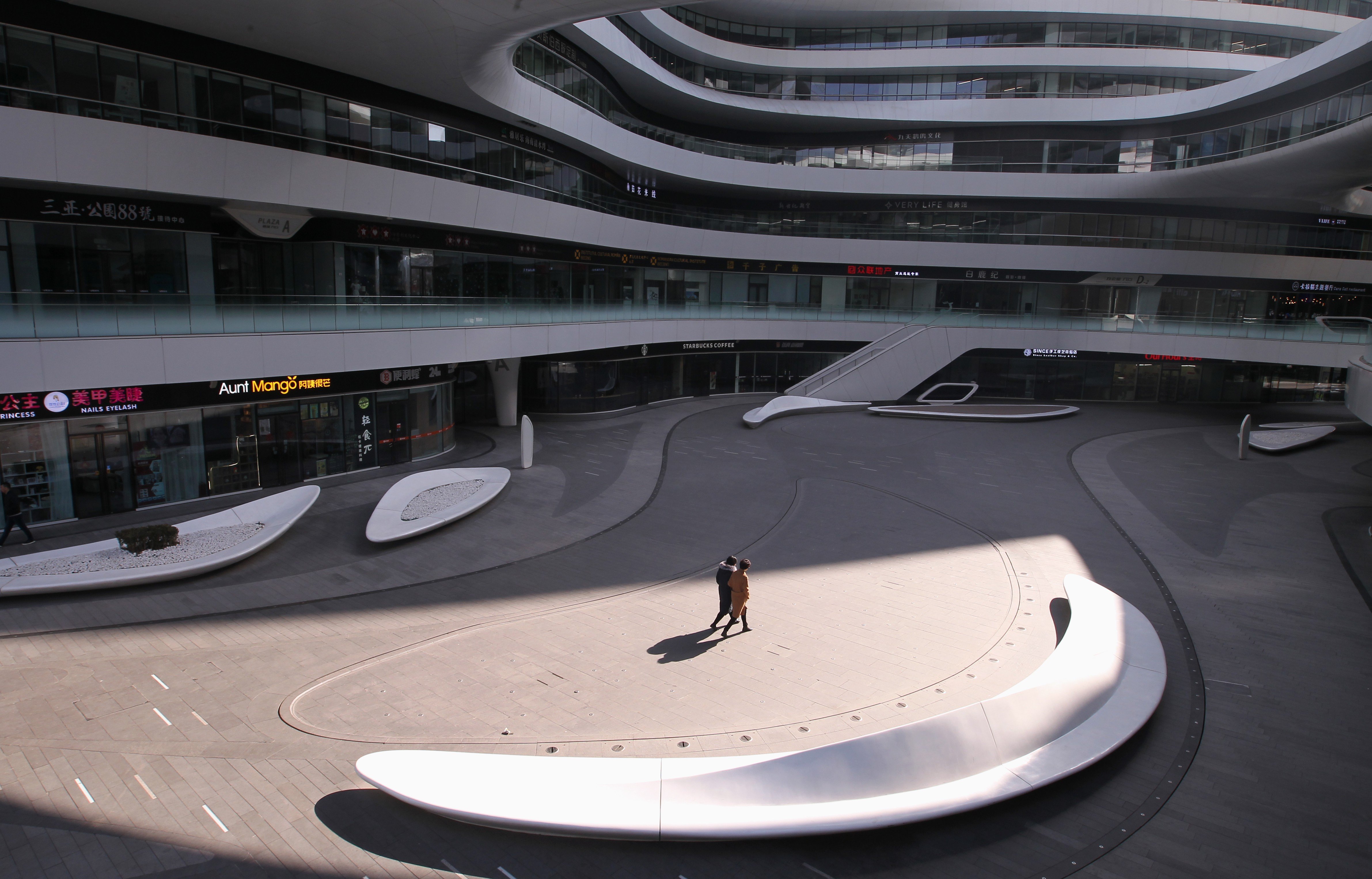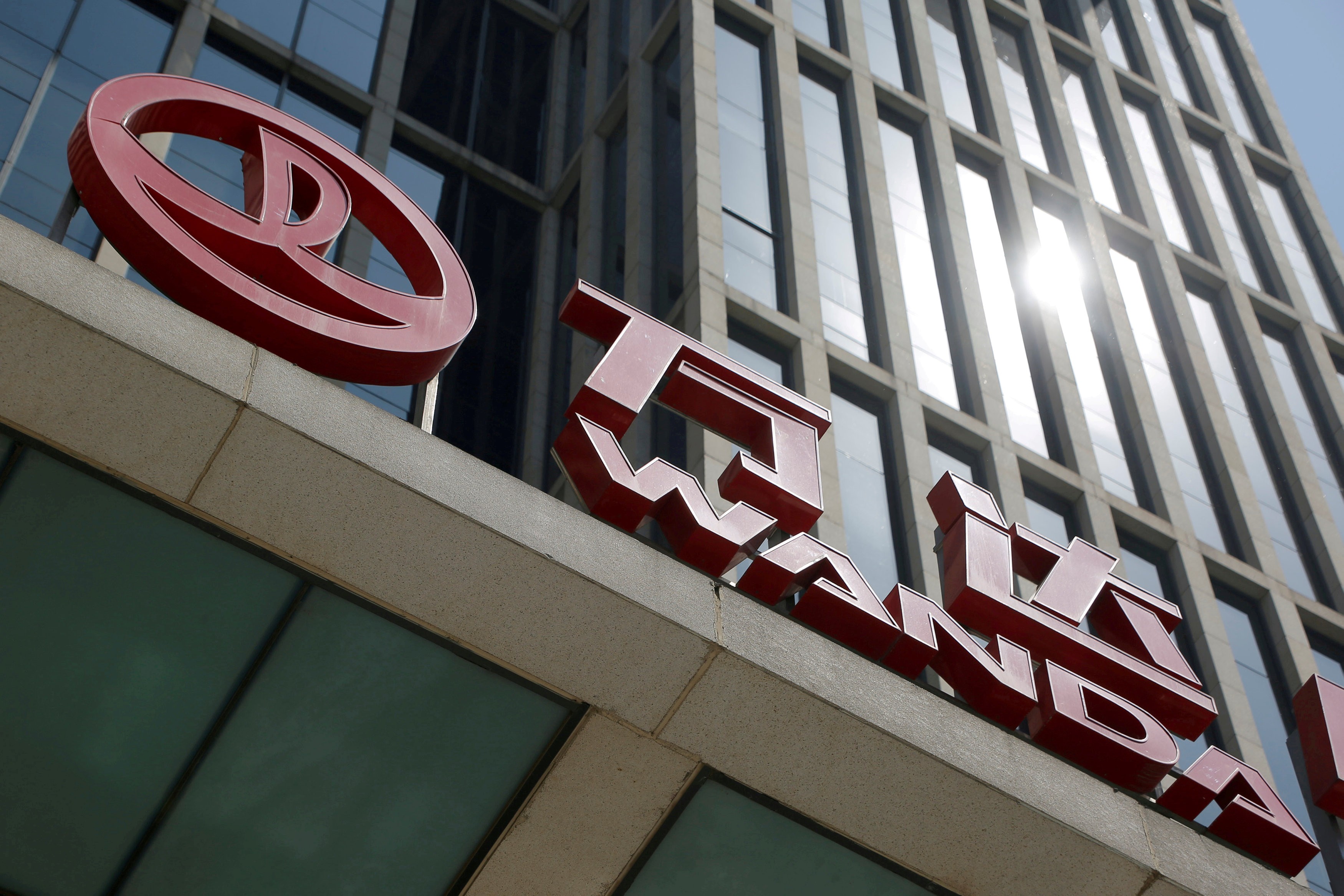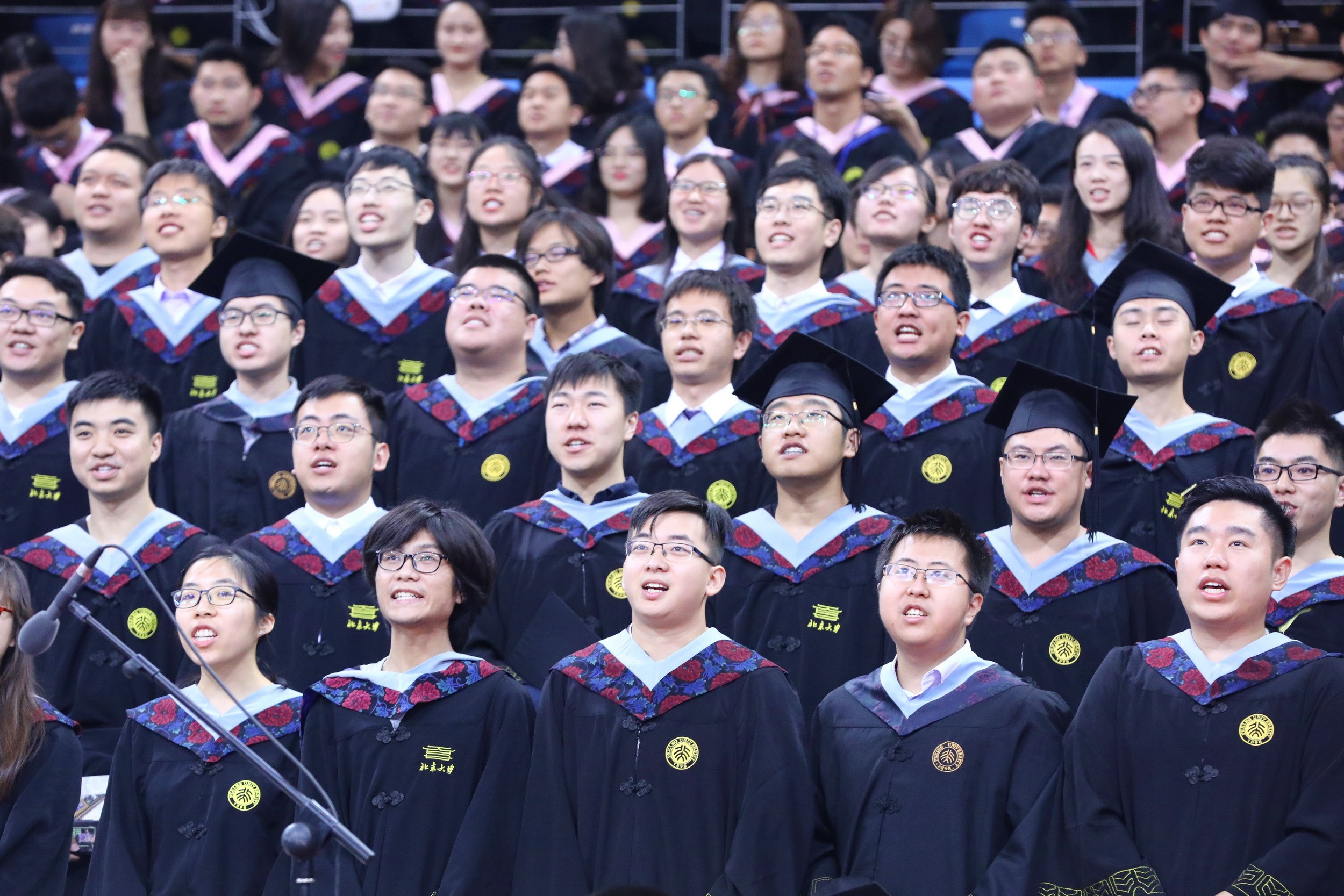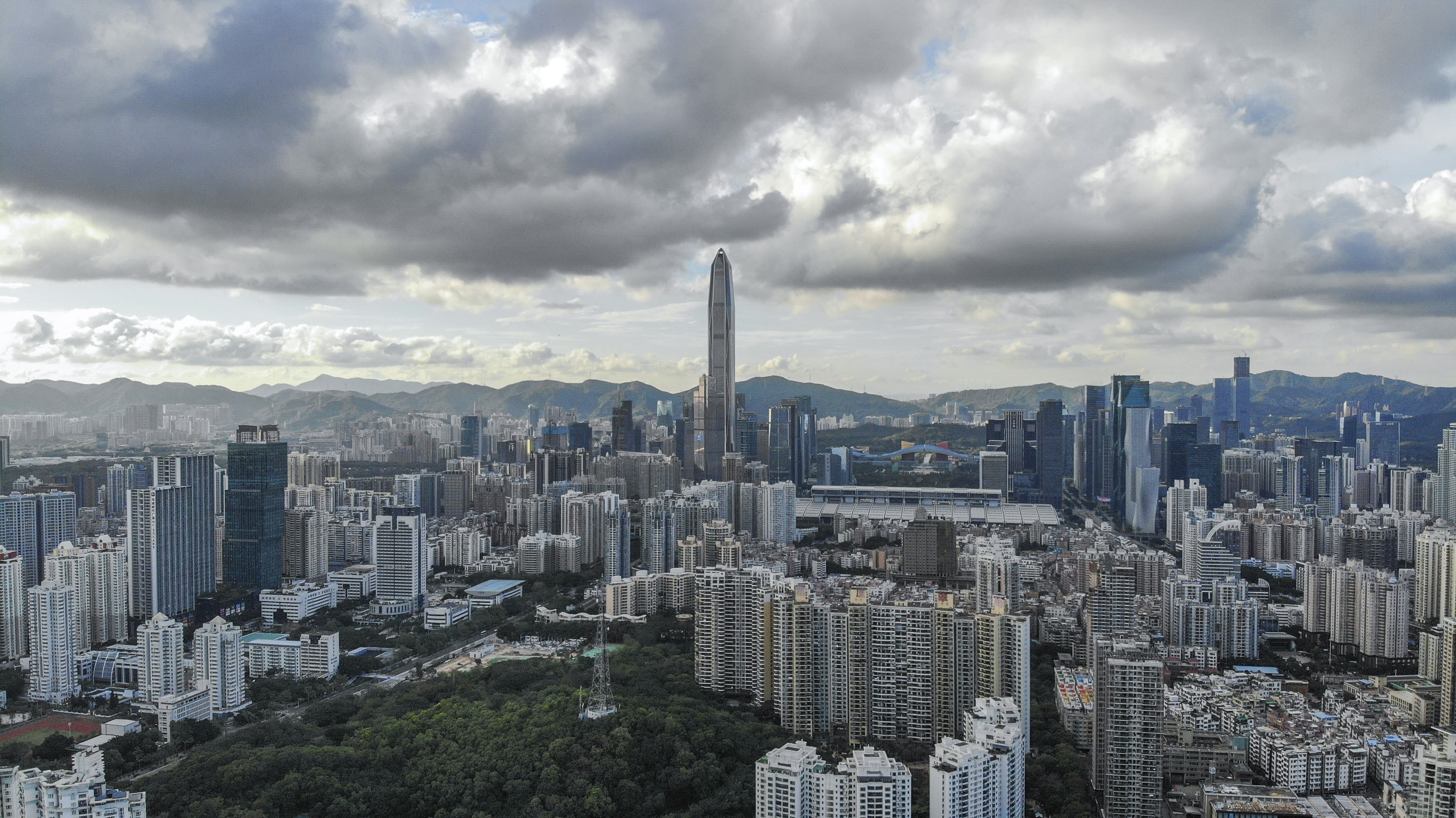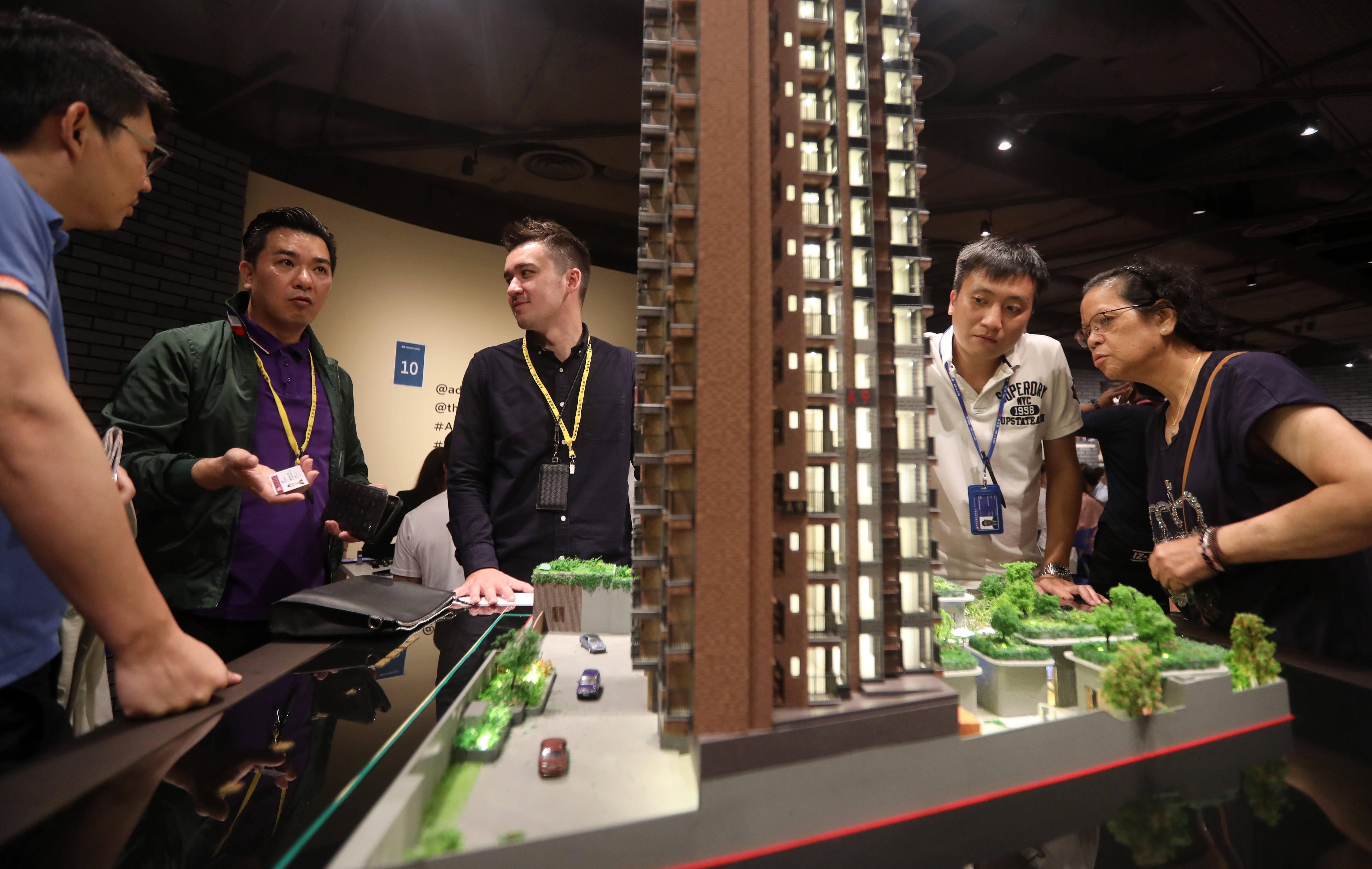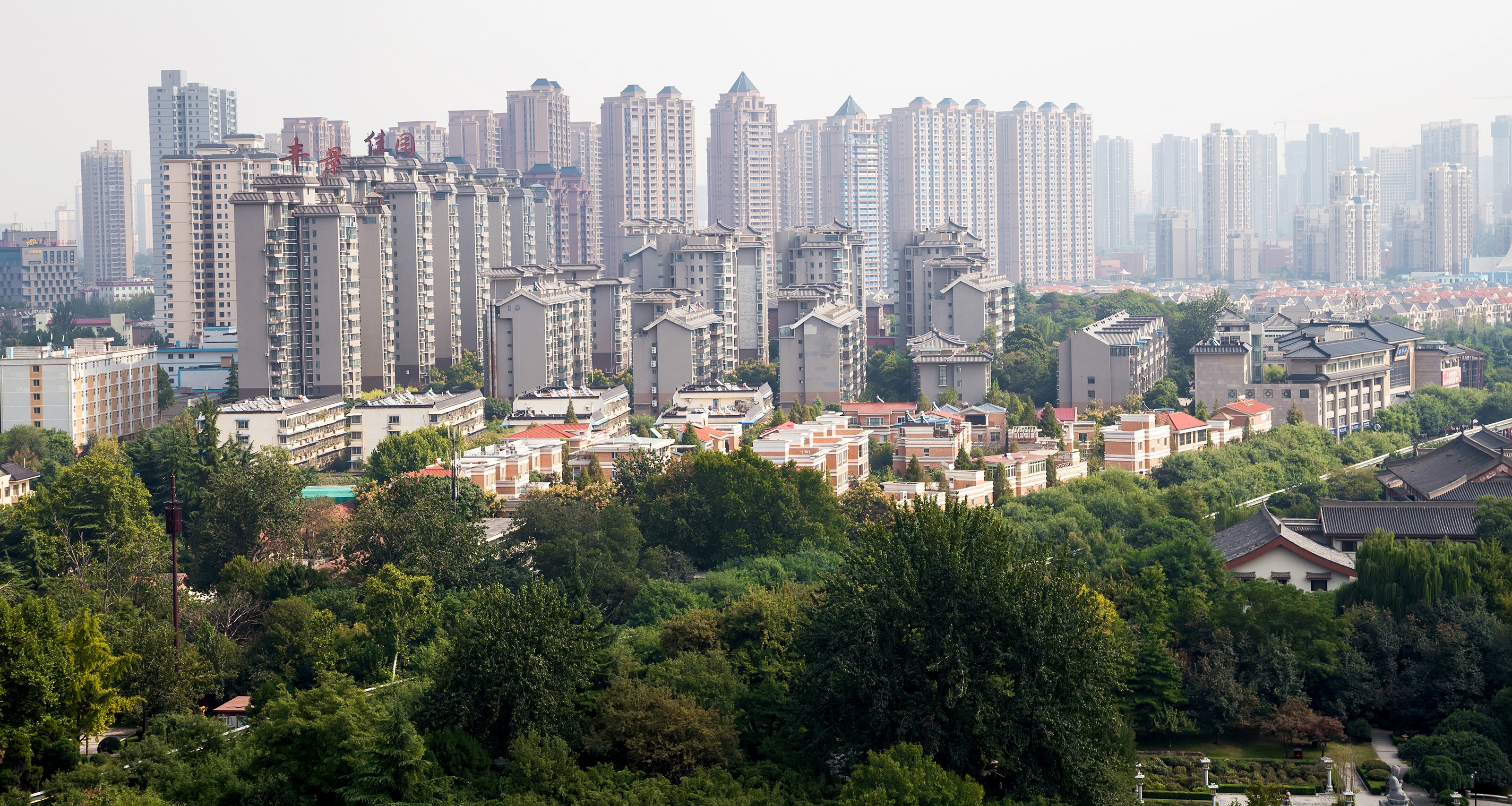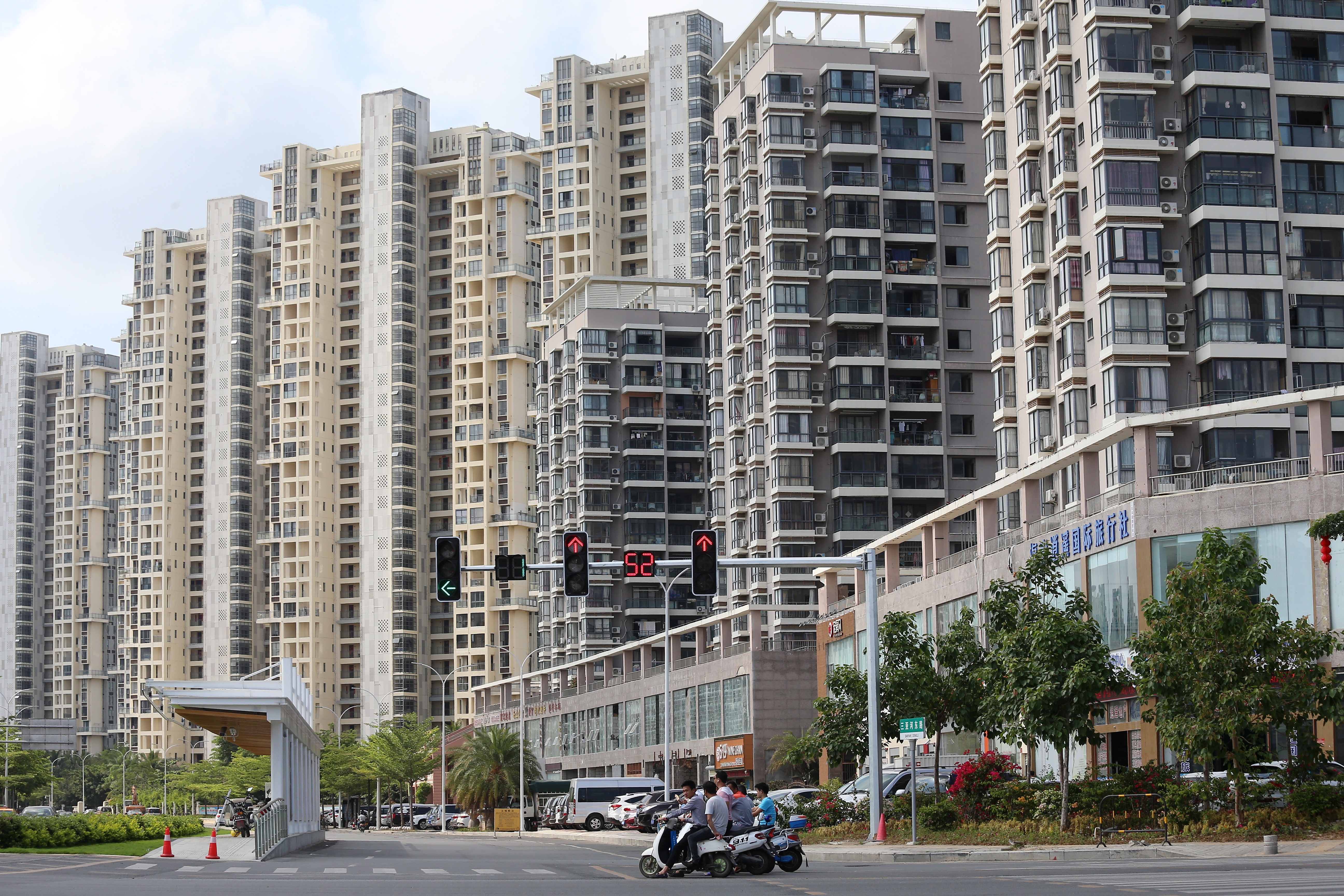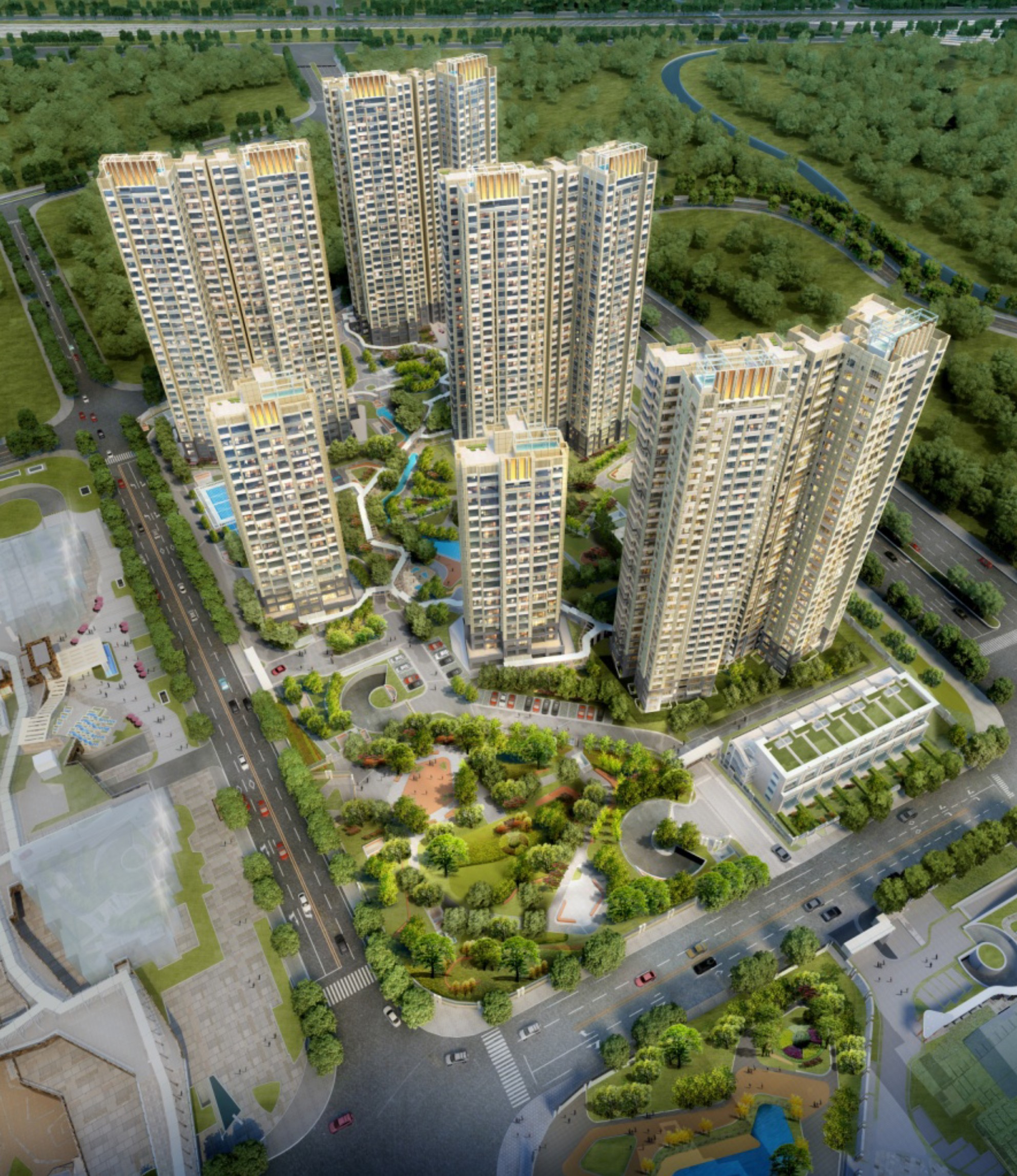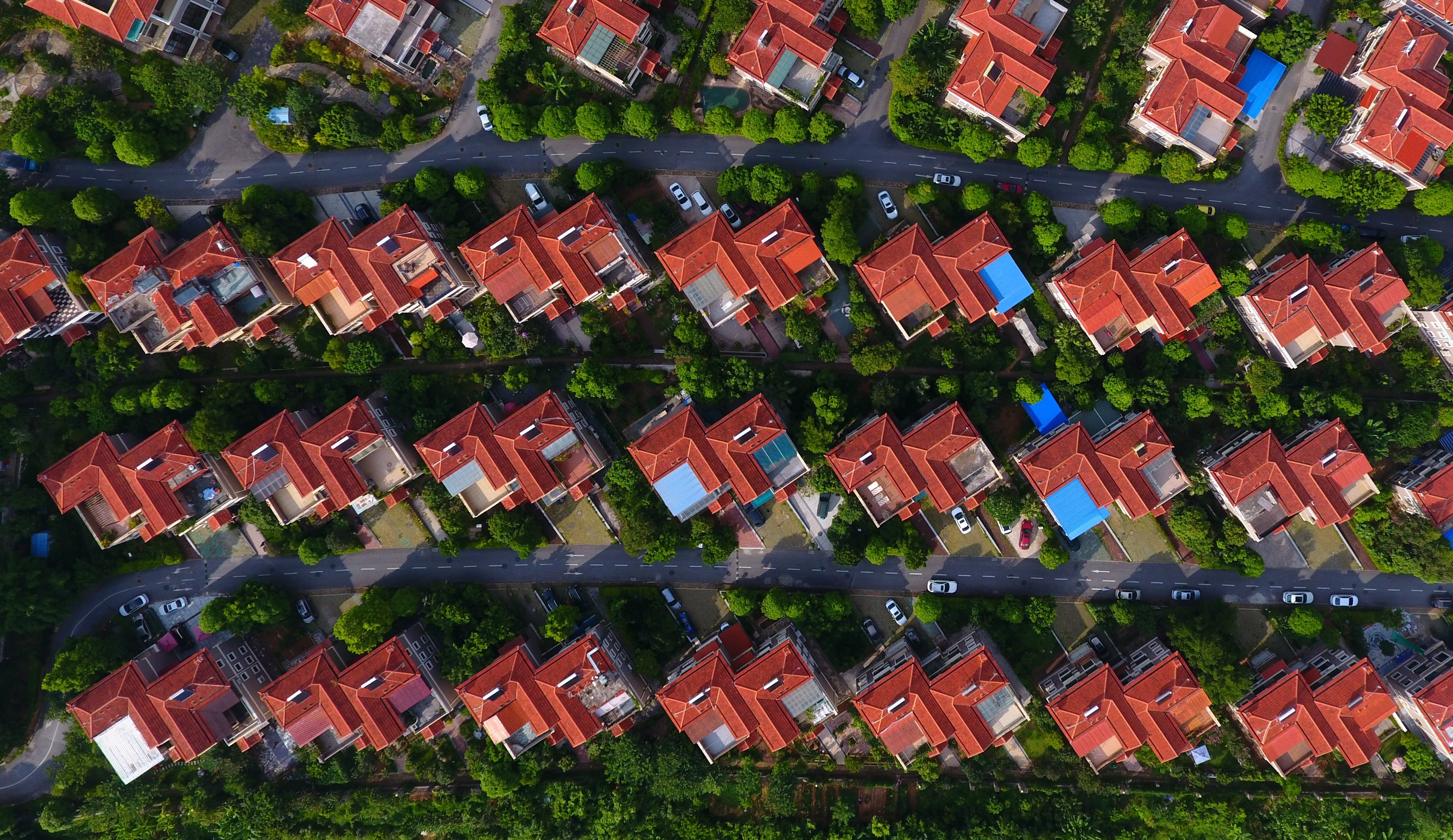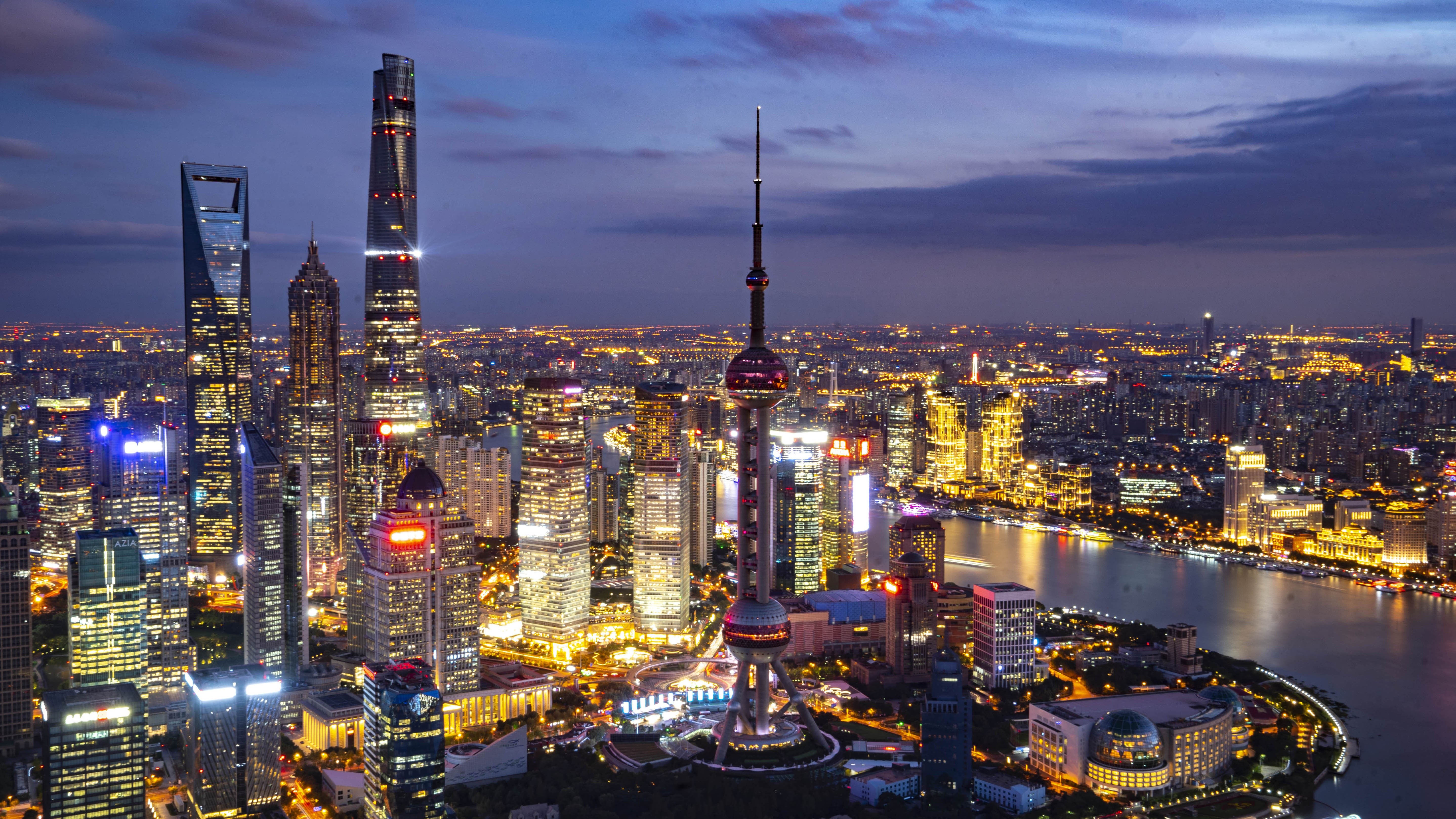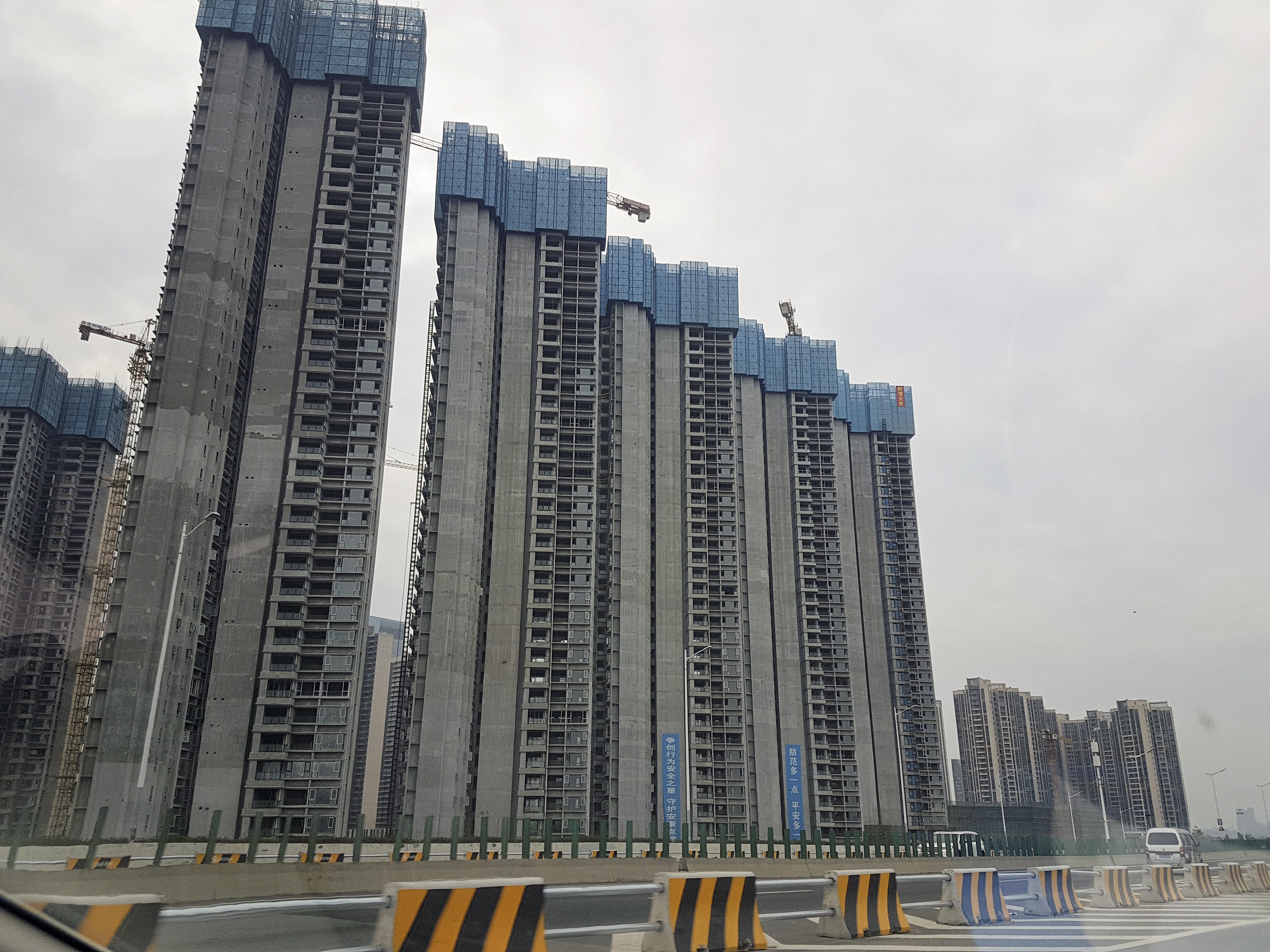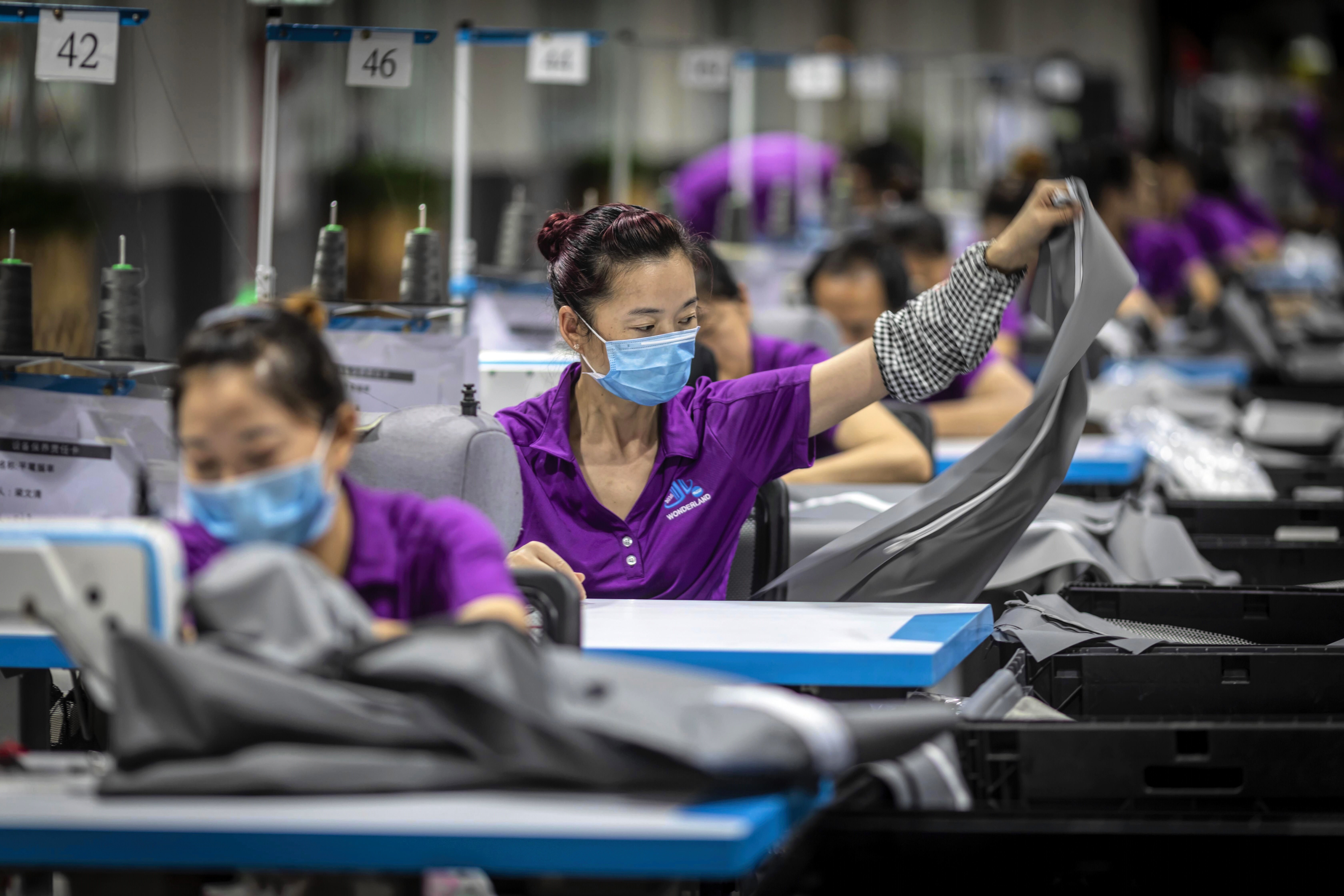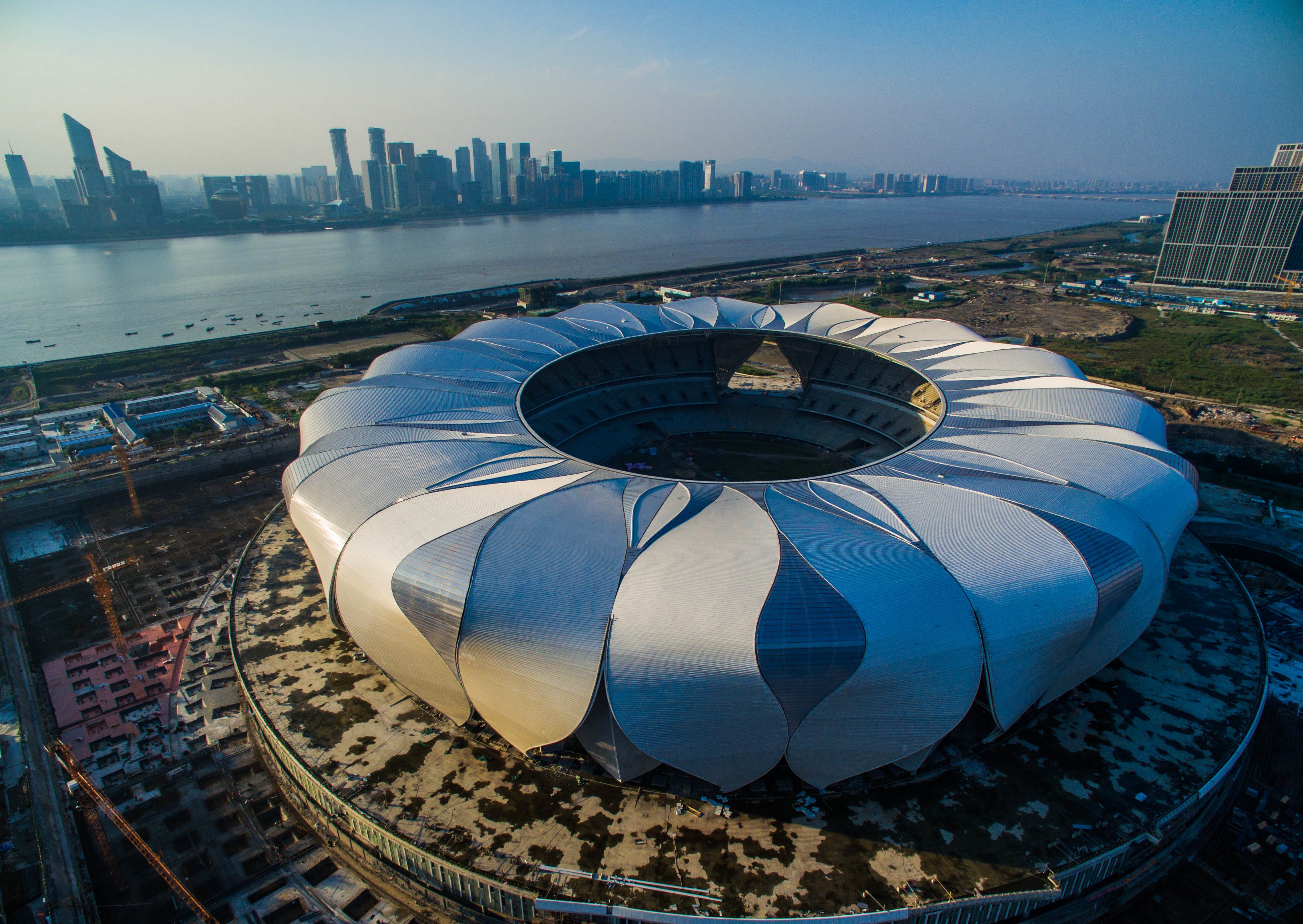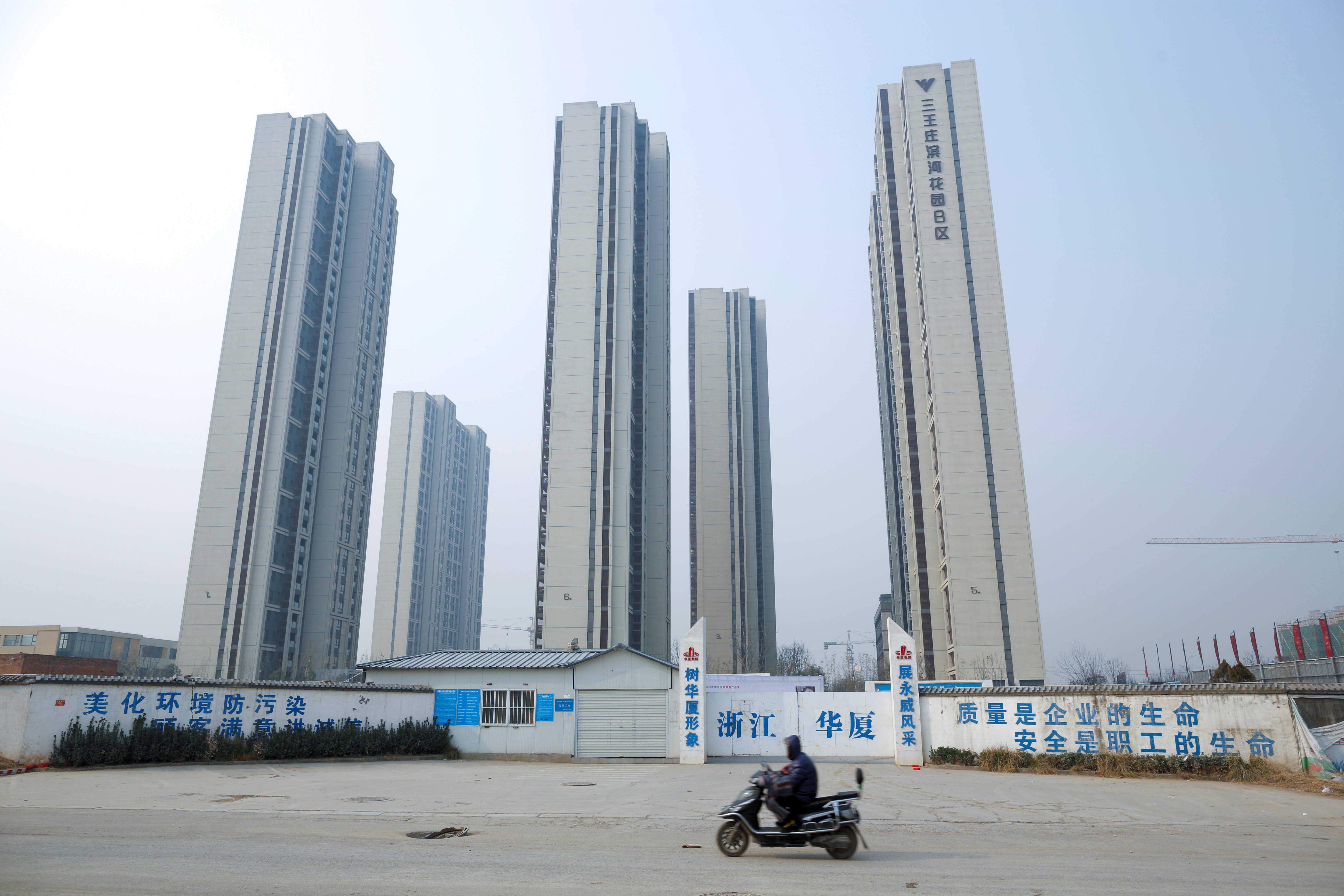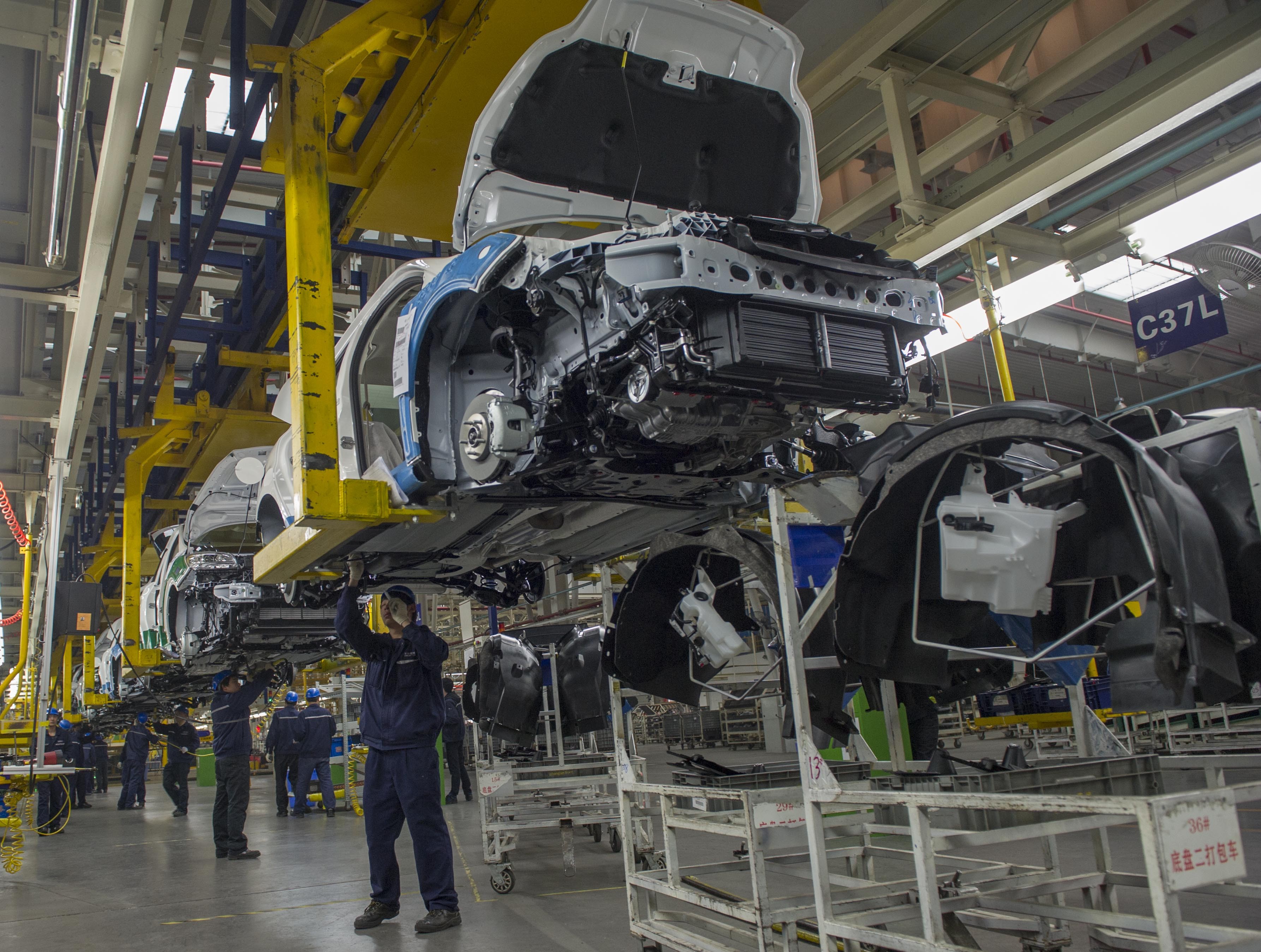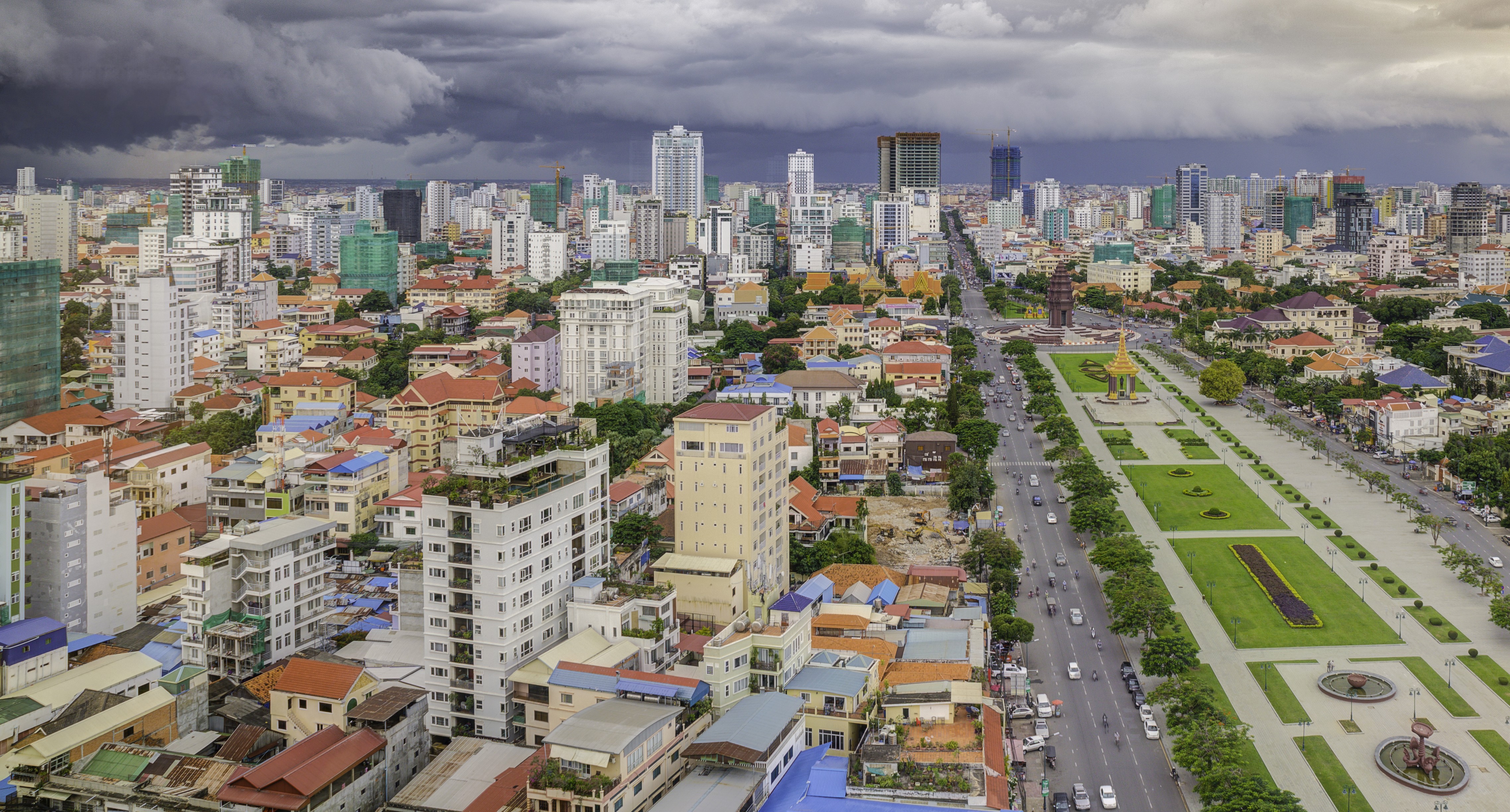Advertisement
Advertisement

Zheng Yangpeng
Reporter, Business
Zheng Yangpeng is a former business reporter at the Post, covering China property, banking and finance. He previously worked for China Daily, joining the Post in 2016. He holds a Bachelor's Degree in Journalism and Communication from Peking University, and a Master's Degree in Global Business Journalism from Tsinghua University.
The government shifts away from its decades old playbook of using the property sector to prop up growth.
The latest tightening in funding might drive a fresh round of consolidation among mainland Chinese property developers, with an acceleration in acquisition of land and assets by the biggest players, analysts said.
The bout of restrictions comes ahead of a meeting - typically at the end of July - by the Communist Party’s all-powerful political bureau, or Politburo, which is expected to set the tone for the country’s property industry.
China has a shortage of high-quality warehousing facilities, especially in areas surrounding first-tier cities, according to Sino-Ocean.
Advertisement
The Chinese developer was engulfed in scandal three weeks ago when its billionaire chairman Wang Zhenhua was detained on suspicion of molesting a nine-year-old girl
In a first, more Chinese companies have made it to Fortune magazine’s list of the world’s top 500 firms this year, than from the US. A total of 129 companies, including 10 from Taiwan, were ranked among the world’s biggest firms by operating revenue, according to a list released on Monday.
Chinese buyers spent US$13.4 billion on buying US homes in the year to March, according to a study by the US National Association of Realtors.
Moody’s estimates that more than 280 billion yuan of trust assets, 1.26 per cent of the sector’s total, faced ‘default and repayment risks as of March
Many foreign firms have moved their production facilities out of China because of cost concerns, a trend exacerbated by the trade war.
Latest scandal involving Wang Zhenhua, the controlling shareholder of Future Land, shows how investors end up paying a heavy price for the mistakes of executives synonymous with their companies.
Under Wang, Seazen became one of China’s most aggressive developers, with 20,000 employees as of March 31, and 366.6 billion yuan in assets.
Increasingly, developers face hard trade-off: to sell homes cheaply now or to wait for an easing of price controls and credit lines
Contracted sales at these 100 mainland companies rose 4 per cent to 3.9 trillion yuan (US$570 billion) year on year in the first six months.
Analysts said the renewed emphasis on development sites is an implicit nod to its previous unsuccessful landlord strategy.
Chinese conglomerate Dalian Wanda Group said on Wednesday it had formally signed an operational agreement to develop a high-end hospital in partnership with the University of Pittsburgh Medical Centre in Chengdu.
As local governments in cities such as Beijing, Shenzhen and Chengdu crack down on price increases by rental apartment operators, prices have stayed in check this summer.
Five residential sites with a combined 170,273 square metres (1.8 million sq ft) of land were sold for a combined 22.38 billion yuan, 45 per cent more than the government’s reserve.
Sun Hung Kai Properties and New World Development together sold nearly 88 per cent of the 258 flats on offer in two districts across Hong Kong, a robust sales result that reversed nearly three weeks of drubbing in the city’s real estate industry.
Milk made from soybeans saw annual sales grow by half on average between 2016 and 18, according to a report by consultancy Bain & Company
Some 800,000 people, out of the 1.15 million who were eligible to buy property in Xian under the previously relaxed rules, will now have to wait a bit longer after new policies were introduced to cool runaway housing prices.
The project known as Upper West Shanghai sold 484 out of the 1,108 units on offer during three-day weekend sale
Monthly data shows nationwide new home prices gaining at the fastest pace since November
The office segment remained the most popular sector in China, while in Hong Kong funds mainly targeted office buildings in prime districts or prime emerging central business districts, or community-level shopping centre portfolios.
China’s real estate sector has been rife with rumours the government will further rein in the booming market, but some analysts say this is unlikely
Land prices in the manufacturing hub have soared as builders have used increasingly aggressive bidding tactics to get a foothold in the Greater Bay Area
The provincial capital city sold 295 parcels in the five months through May, raising 113.5 billion yuan.
Mainland developers have been building up their land banks in line with the revival in the property market
Changan Ford’s penalty is the second since General Motors was penalised 201 million yuan in 2016 for antitrust violations
Demand for housing pushes rental yield in Cambodia’s capital Phnom Penh to 8 to 10 per cent.

